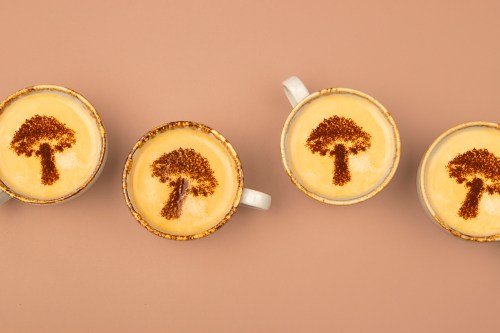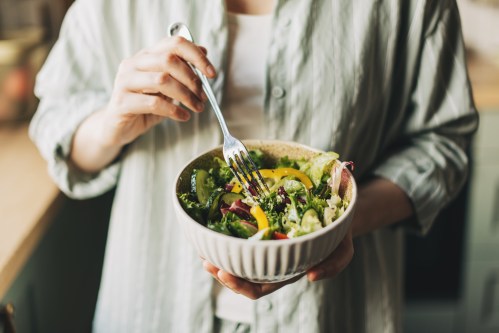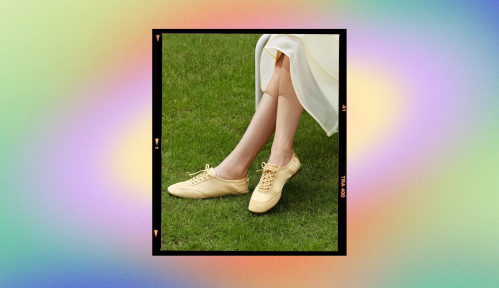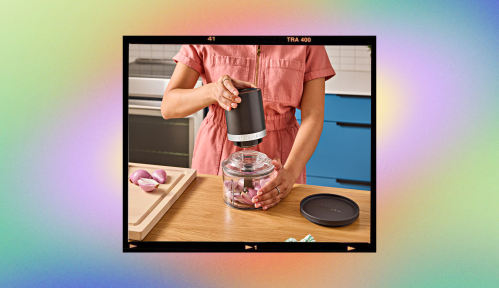If you like to imbibe, you might still be shook by the former U.S. Surgeon General’s January 2025 warning that alcohol consumption is linked to a higher risk of seven types of cancer. And in case you’re the type to try to wiggle your way out of trouble, you might have since prioritized wine over the likes of spirits, beer, and other types of booze. After all, wine—especially red—is supposed to be pretty good for you1… right?
Although red wine in particular has long been championed for its purported heart health benefits, in large part courtesy of the antioxidant resveratrol, its health halo has begun to fade as of late. Still, there might be a bit of good news for all you vinos out there: According to a January 2025 meta-analysis2 of 20 cohort and 22 case-control studies published in the journal Nutrients, neither red nor white wine intake was associated with overall cancer risk. These findings come with some caveats, however, so don’t uncork a bottle in celebration just yet.
Cancer risks of red wine vs. white wine
The researchers behind this study sought out if red wine could mitigate cancer risk, and if it’s actually more protective than white wine. While they found no significant difference in overall cancer risk between the two, white wine intake was associated with a slightly higher risk of cancer in women. Although this finding wasn’t unpacked in detail, research to date suggests that women have a higher absolute risk of alcohol-related cancer compared to men. (Women also have lower alcohol limit recommendations, in part due to differences in body composition and their tendency to break down alcohol more slowly than their male counterparts.)
In addition, white wine was linked to a 22 percent increased risk in skin cancer specifically in cohort studies (i.e., observational research following participants with a common trait over time). “This is one of the more intriguing findings in the study,” says Barbara Sparacino, MD, a triple board-certified psychiatrist and addiction medicine specialist. “While correlation doesn’t equal causation, it does raise some questions.”
One possible explanation she offers is that white wine contains higher levels of acetaldehyde, a toxic byproduct of alcohol metabolism linked to DNA damage and increased cancer risk. “Another theory is that white wine drinkers may have different lifestyle factors, like spending more time outdoors and having more sun exposure,” Dr. Sparacino continues. (Some of us just can’t resist a crisp glass of sauvignon blanc outside on a perfect spring day, amirite?) Lastly, she says that it’s possible that the polyphenols in red wine3 could offer a modicum of protective benefit. ”Still, I wouldn’t rely on merlot as sunscreen,” she shares.
“If anything, this study suggests that wine may not be worse than other alcohols when it comes to overall cancer risk, but it certainly doesn’t prove it’s good for you either.”
Ok, so is wine a “healthier” form of alcohol?
Since consumption of either red or white wine wasn't significantly associated with overall cancer risk, does that mean that wine is really any healthier than other types of alcohol? “Alcohol’s relationship with health, especially cancer risk, is complicated,” says Dr. Sparacino. “The reality is that any alcohol intake carries some risk, and the so-called health benefits of wine have often been overstated.”
Fred Tabung, PhD, MSPH, researcher at molecular carcinogenesis and chemoprevention program at the Ohio State University Comprehensive Cancer Center, agrees that wine is far from being an elixir for good health and cancer prevention. “I do not think these findings can change clinical practice or inform any updates to public health guidelines other than what is currently known about wine and cancer risk,” he says. Tabung also notes that there are four key modifying factors that many alcohol studies don’t consider in full: tobacco use, drinking content (e.g., with meals or binge drinking), drinking frequency, and beverage type.
Although this study did focus on beverage type, he addresses some of its limitations. “I would have loved to see a subgroup analysis by smoking status because all alcohol-related cancers (except breast cancer) are also related to smoking,” he shares. “Plus, the same amount of alcohol would yield more cases among smokers than non-smokers.”
All things considered, it’s important to read the conclusions from this study without rosé-colored lenses. “If anything, this study suggests that wine may not be worse than other alcohols when it comes to overall cancer risk, but it certainly doesn’t prove it’s good for you either,” Dr. Sparacino shares.
The takeaway
As compelling as it may be to believe that your wine habit could offer some value for your health and cancer prevention, the sobering truth is that no form of alcohol is truly safe and sound for your well-being. “This study adds another layer to our understanding of alcohol and cancer risk, but it’s far from a free pass for wine lovers,” says Dr. Sparacino. As such, moderation remains the name of the game.
- Snopek, L., Mlcek, J., Sochorova, L., Baron, M., Hlavacova, I., Jurikova, T., Kizek, R., Sedlackova, E., & Sochor, J. (2018). Contribution of red wine consumption to human health protection. Molecules, 23(7), 1684. https://doi.org/10.3390/molecules23071684 ↩︎
- Lim, R. K., Rhee, J., Hoang, M., Qureshi, A. A., & Cho, E. (2025). Consumption of red versus white wine and cancer Risk: A Meta-Analysis of Observational Studies. Nutrients, 17(3), 534. https://doi.org/10.3390/nu17030534 ↩︎
- Buljeta, I., Pichler, A., Šimunović, J., & Kopjar, M. (2023). Beneficial Effects of red wine polyphenols on Human Health: Comprehensive review. Current Issues in Molecular Biology, 45(2), 782–798. https://doi.org/10.3390/cimb45020052 ↩︎
Sign Up for Our Daily Newsletter
Get all the latest in wellness, trends, food, fitness, beauty, and more delivered right to your inbox.
Got it, you've been added to our email list.











